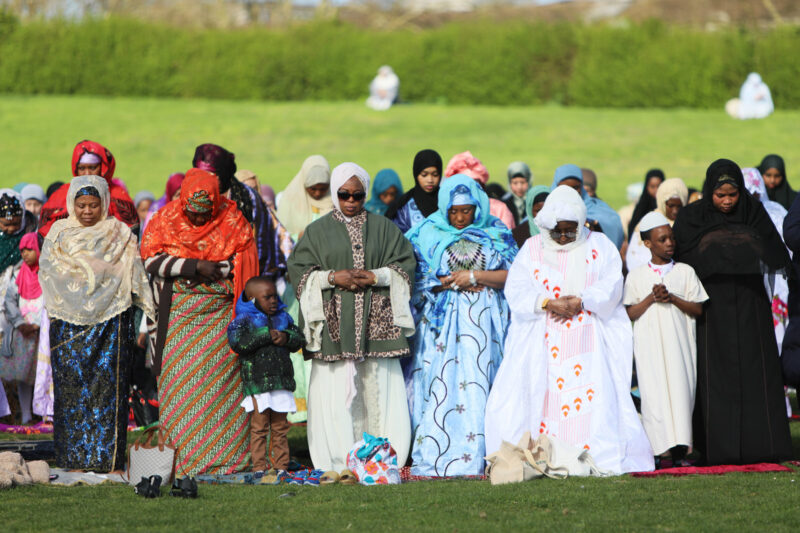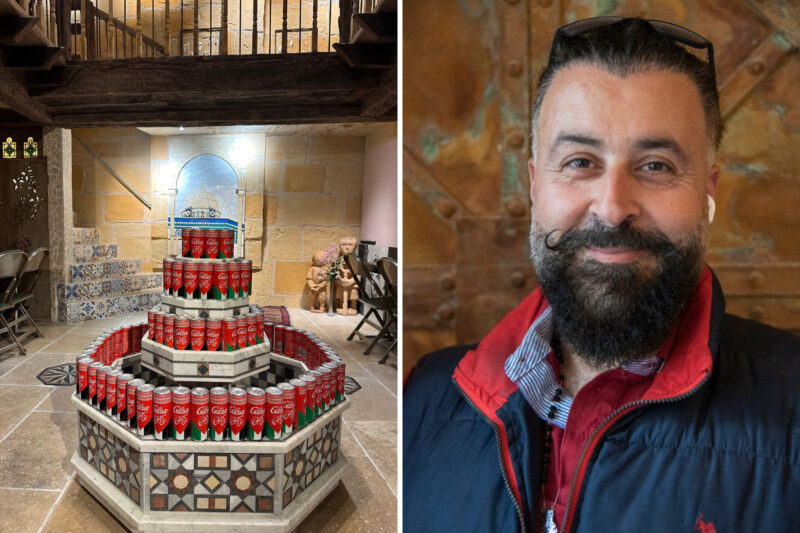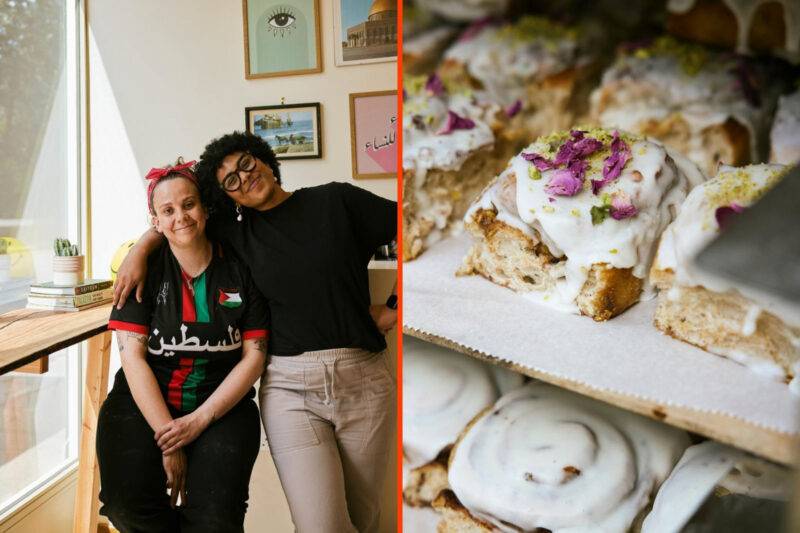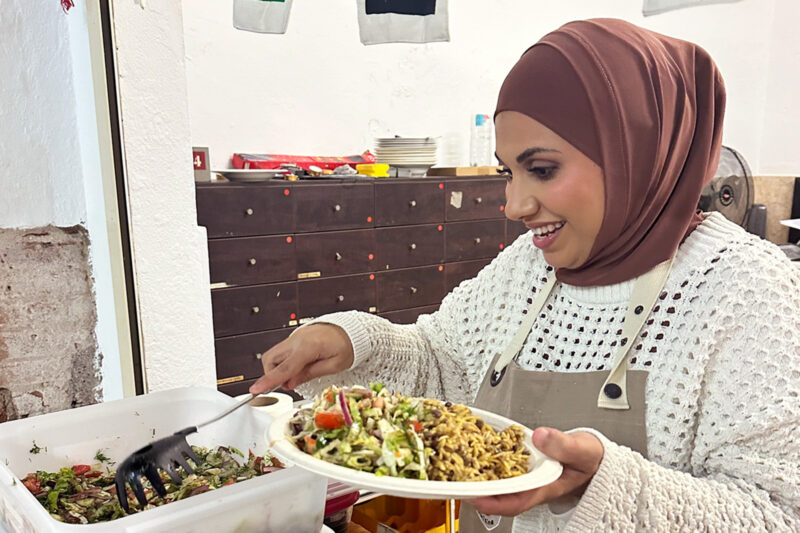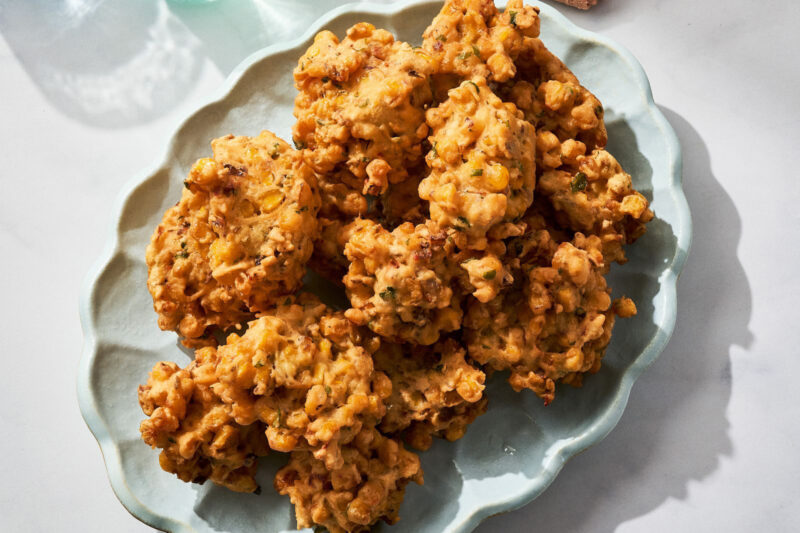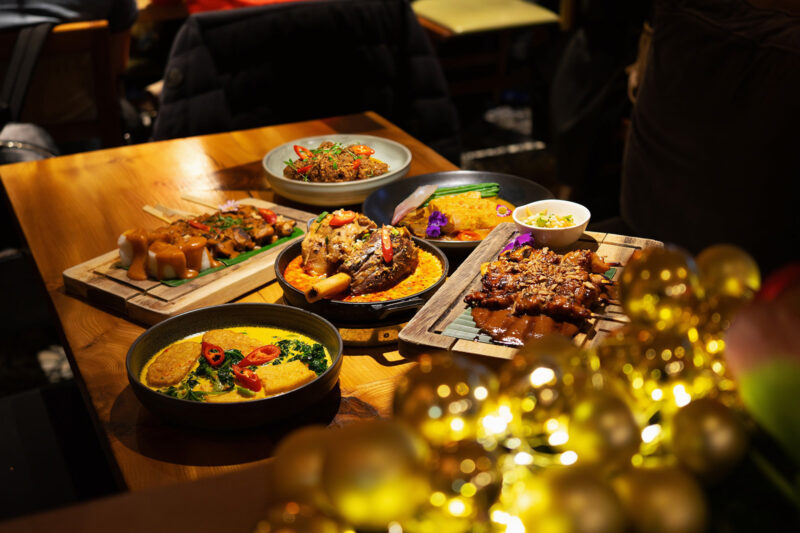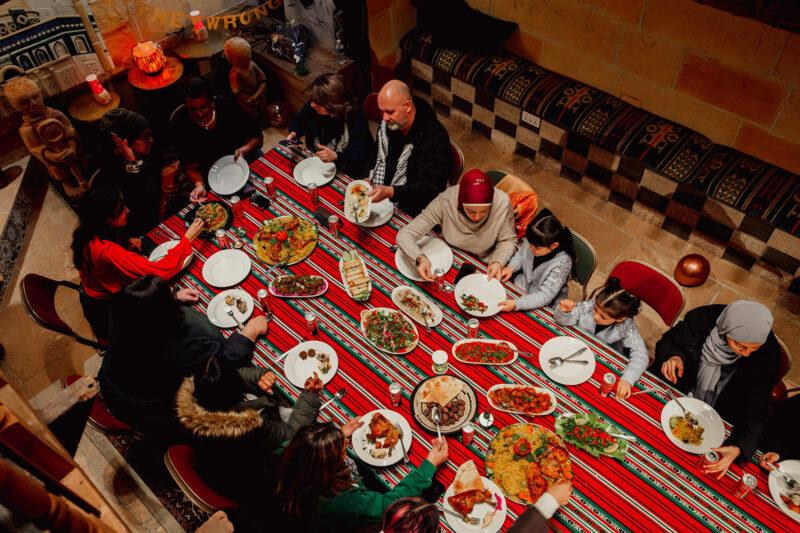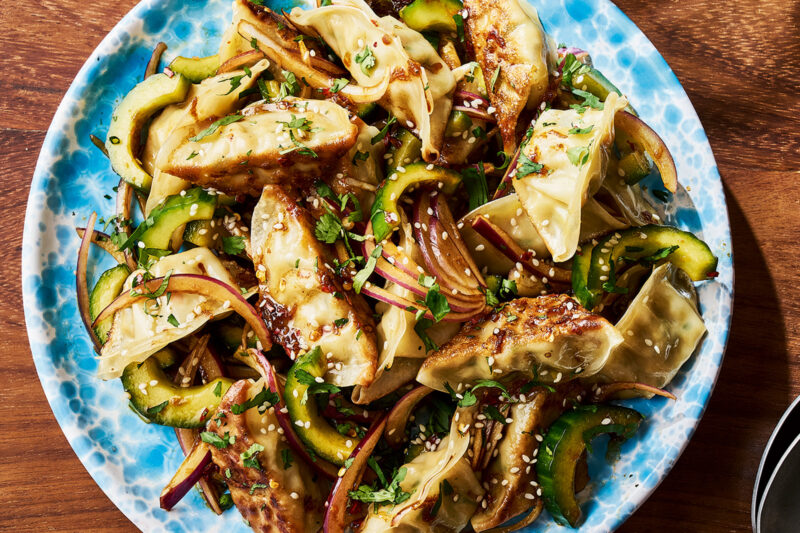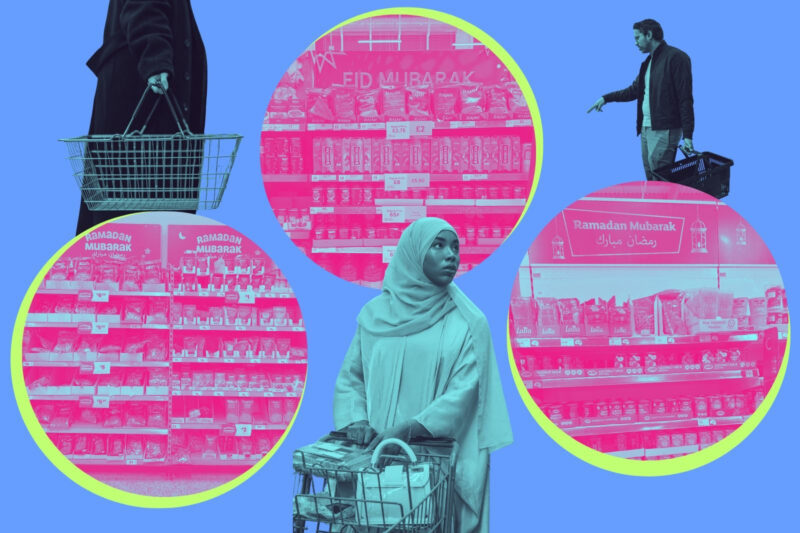A festival of peace and couscous
This year, Sicily’s annual Cous Cous Fest wanted to find common ground through food
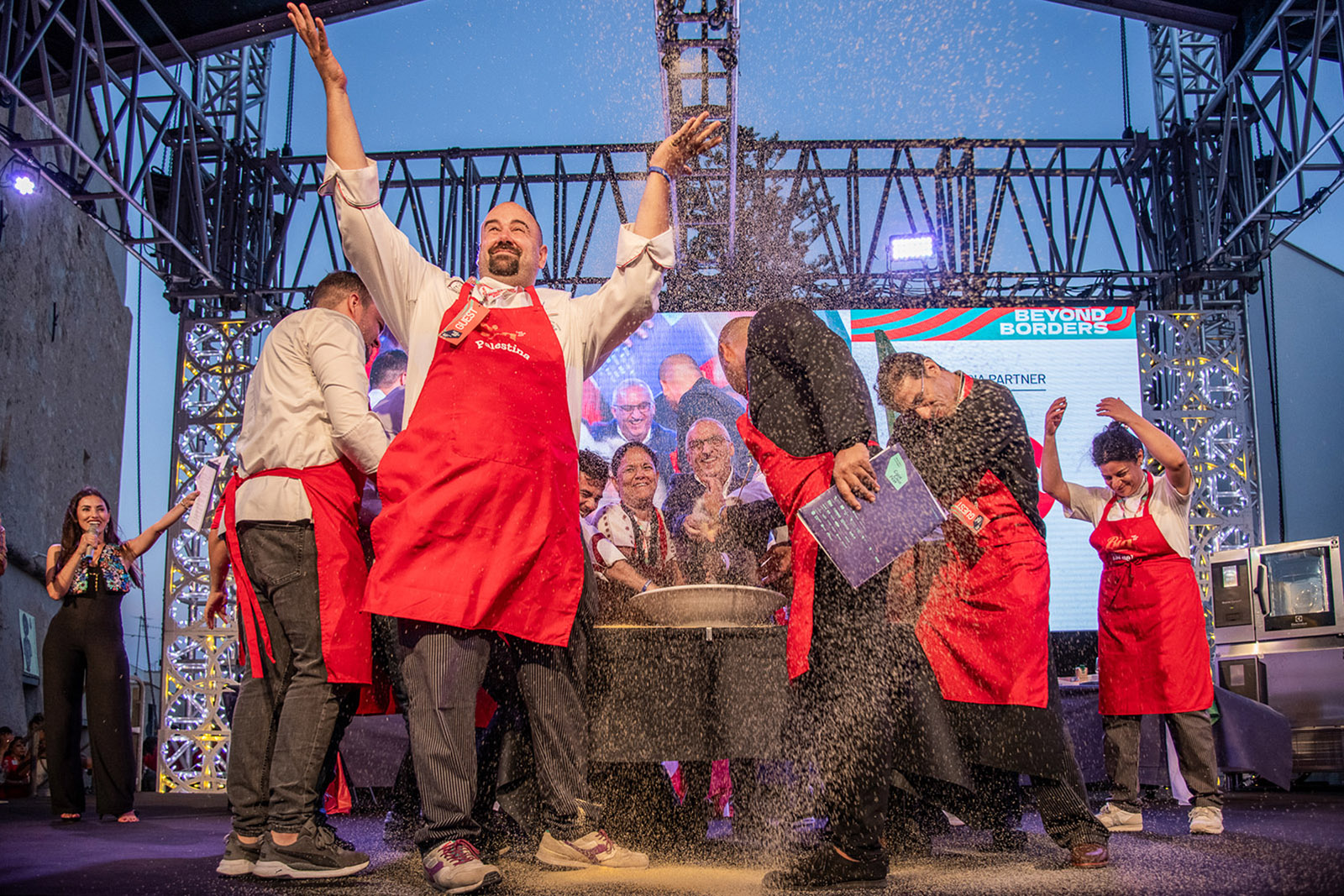
On a large spotlit stage, 10 chefs wearing white uniforms and their national flags stand around a plate of uncooked couscous, eyeballing each other. At the sound of a siren, the cooks throw grains into the air like confetti — a ritual that starts the clock on Sicily’s annual Cous Cous Fest.
For a week and a half at the end of September, chefs from all over the world gathered in the picturesque seaside town of San Vito lo Capo to give lectures and cooking demonstrations. They were also competing for the prestigious title of “best couscous recipe”, judged in five rounds of cook-offs by prominent food critics in front of an audience of 200,000. The festival offers a new theme every year around the Mediterranean’s most pressing issues. As the war in Gaza enters its second year, this year’s theme was Grains of Peace.
Palestinian-Italian chef Shady Hasbun came hoping to meet like-minded people. “People who speak my language, the language of food and understanding,” he said. “And looking at the landscape surrounding me makes me feel as if I were back in Palestine.”
In Sicily, couscous — usually paired with fish or vegetables — is as commonly served for Sunday lunch as pasta. It was introduced to the island’s diet in the 19th century by the thousands of Sicilians who had travelled to Tunisia in search of work and San Vito specifically has built its identity around the dish. Couscous has become a symbol of the region’s mixed European and North African culture.
“We don’t like to call it a ‘gastronomy festival’ — it’s much more than that. It’s a festival of cultural integration,” said Marcello Orlando, the festival’s organiser, walking through the Berber tents-turned-food-stalls dotted along the seaside promenade. “We chose food, couscous specifically, as the means to convey this message because the act of preparing it and eating it is an invitation to come together and share.”
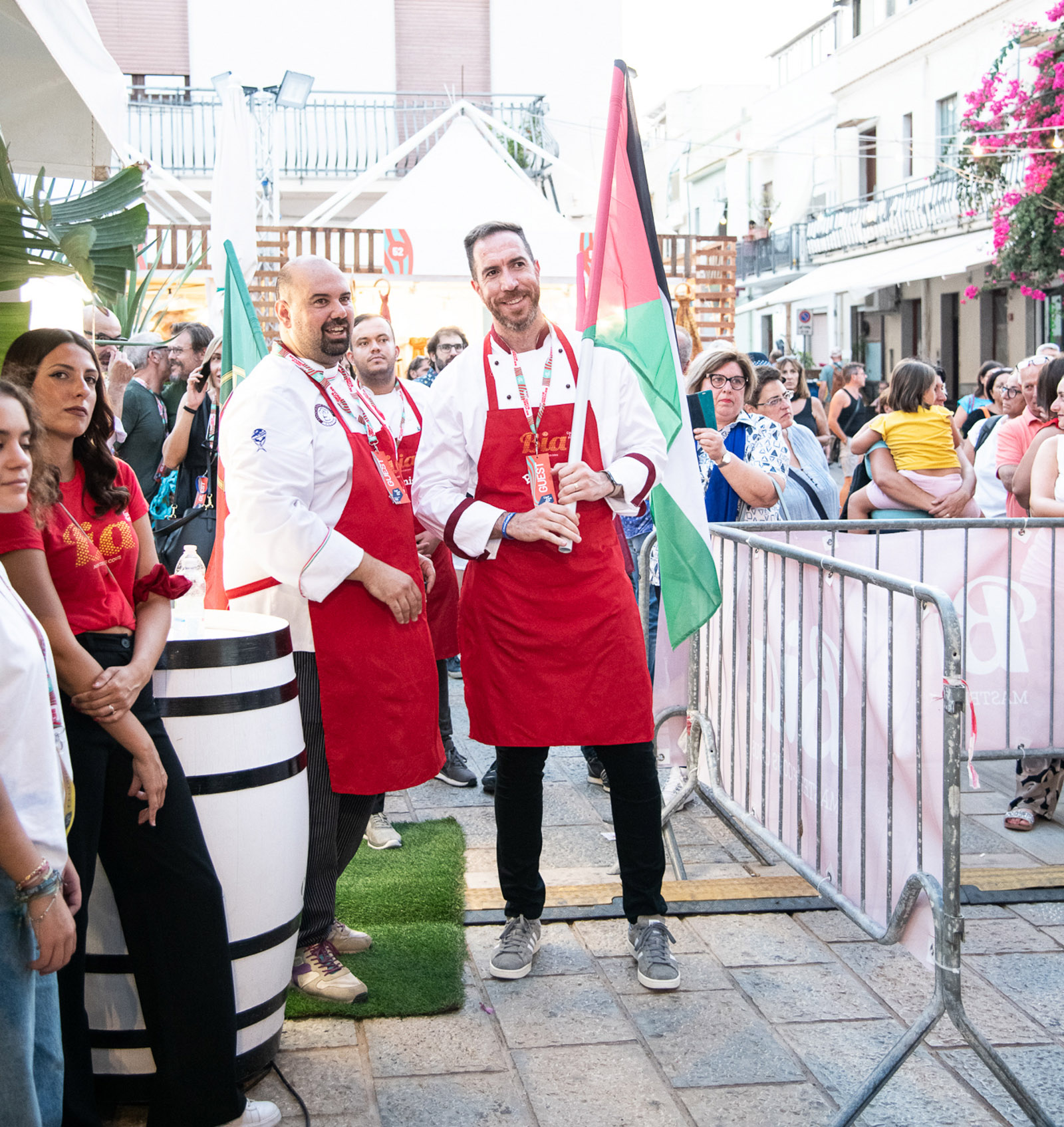
This year, he said: “We thought it would be meaningful to invite representatives of countries with difficult political situations, especially those currently at conflict — Russia and Ukraine, Israel and Palestine — to have contestants see ‘the other’ and stress the idea that sharing a meal with your ‘enemy’ can be a first step towards peace.”
Hasbun, who was born in Italy to a Palestinian father and an Italian mother, spent his childhood and teenage years in the West Bank before the family moved back to Italy in 1991. After graduating from university, he divided his time between Tuscany and occupied East Jerusalem, where he worked as a cook until Covid hit. In his first round of the championships, competing against a chef from China, Hasbun cooked kofteh and courgette over a bed of maftoul and sesame paste, a recipe his grandma used to make when he was a kid in Ramallah, which for him is imbued with bittersweet nostalgia. “I make an effort to put on a smile during these events as I represent a martyred land,” he said. “But then I remind myself I’m lucky that I get to carry a piece of this culture to people in Europe, so it doesn’t get forgotten.”
Israeli chef Tze’ela Rubinstein also feels the weight of representing her country at such a delicate moment for the region. “It’s true that there are political problems between our people, but I don’t represent politics, I’m just an individual representing a culture,” Rubinstein said, as she prepared her dish.
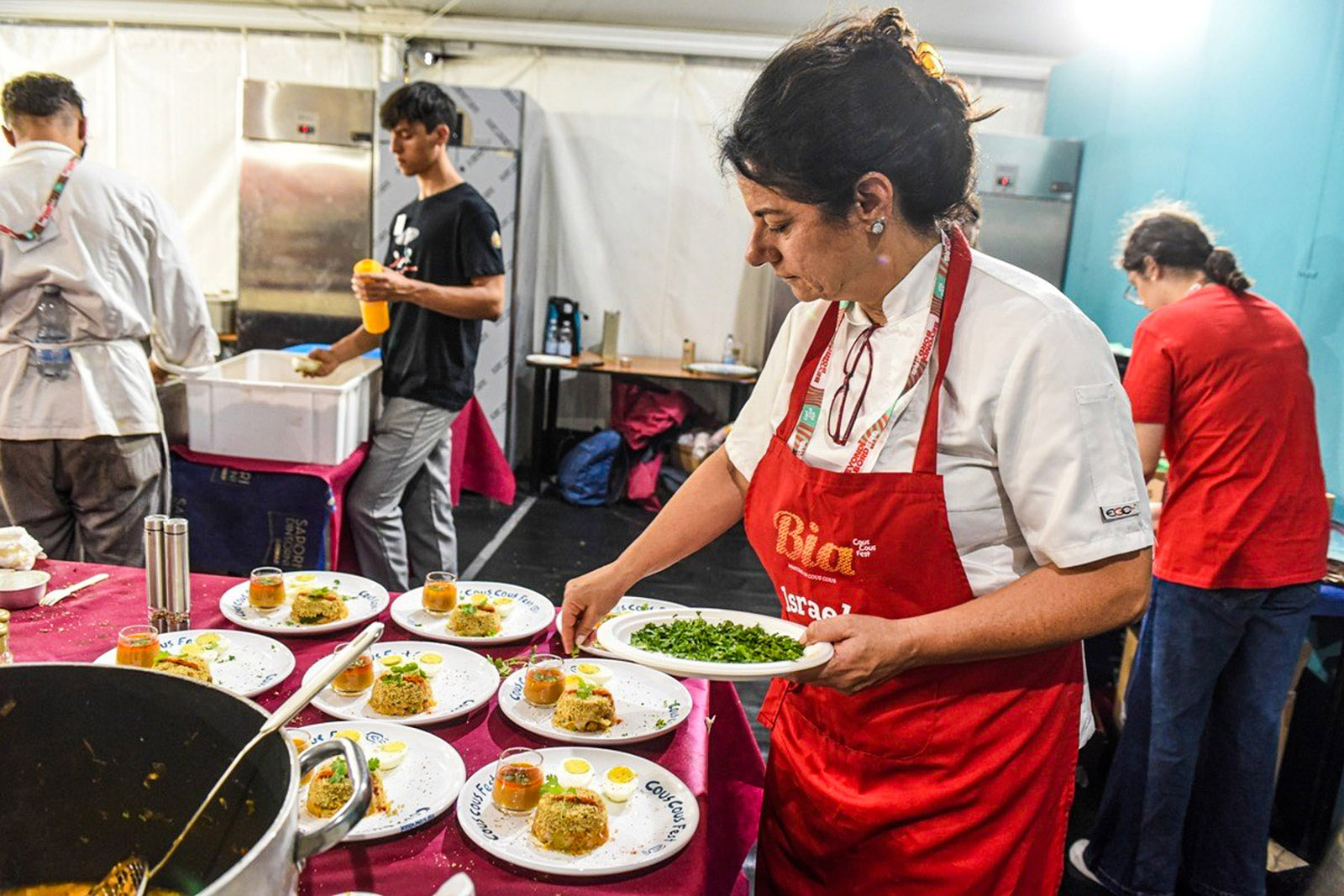
Rubinstein received online death threats ahead of the competition, warning her not to take part. They didn’t deter her. “Change can only happen when we make the effort to humanise the other. If you just focus on rage, that will only lead you to pulling away, rather than getting closer to understanding,” she said.
Piera Spagnoli, a local restaurant owner, was enjoying a plate of couscous cooked by a chef from the Ivory Coast. She had come to the festival looking for culinary inspiration but is sceptical about the lasting impact of these sort of cultural peace initiatives. “Often,” she said, “when the lights turn off, everyone parts ways and goes on with their lives.”
This year, the title of couscous champion went to a chef from Morocco. Neither Rubinstein nor Hasbun reached the final but both were invited to compete again next year. In the course of the festival, they discovered that they live and work just a few kilometres from each other in Tuscany. “I’ve met other Israeli chefs at similar events already, so that wasn’t new for me. What was new was the symbolic timing of our encounter, but I tried to keep it professional. As for meeting outside of the professional realm, I don’t know if I’m there yet,” Hasbun said, adding that they did exchange contact details and discussed going to more workshops together in the future.
“Over the past year, I’ve been stunned to see brave people showing solidarity with Palestine by protesting in the streets, getting imprisoned,” Hasbun said. “I chose food as my love language of support, and I don’t think that’s less brave. On the contrary, it spreads a message that Palestine is much more than just conflict.”
 Newsletter
Newsletter



